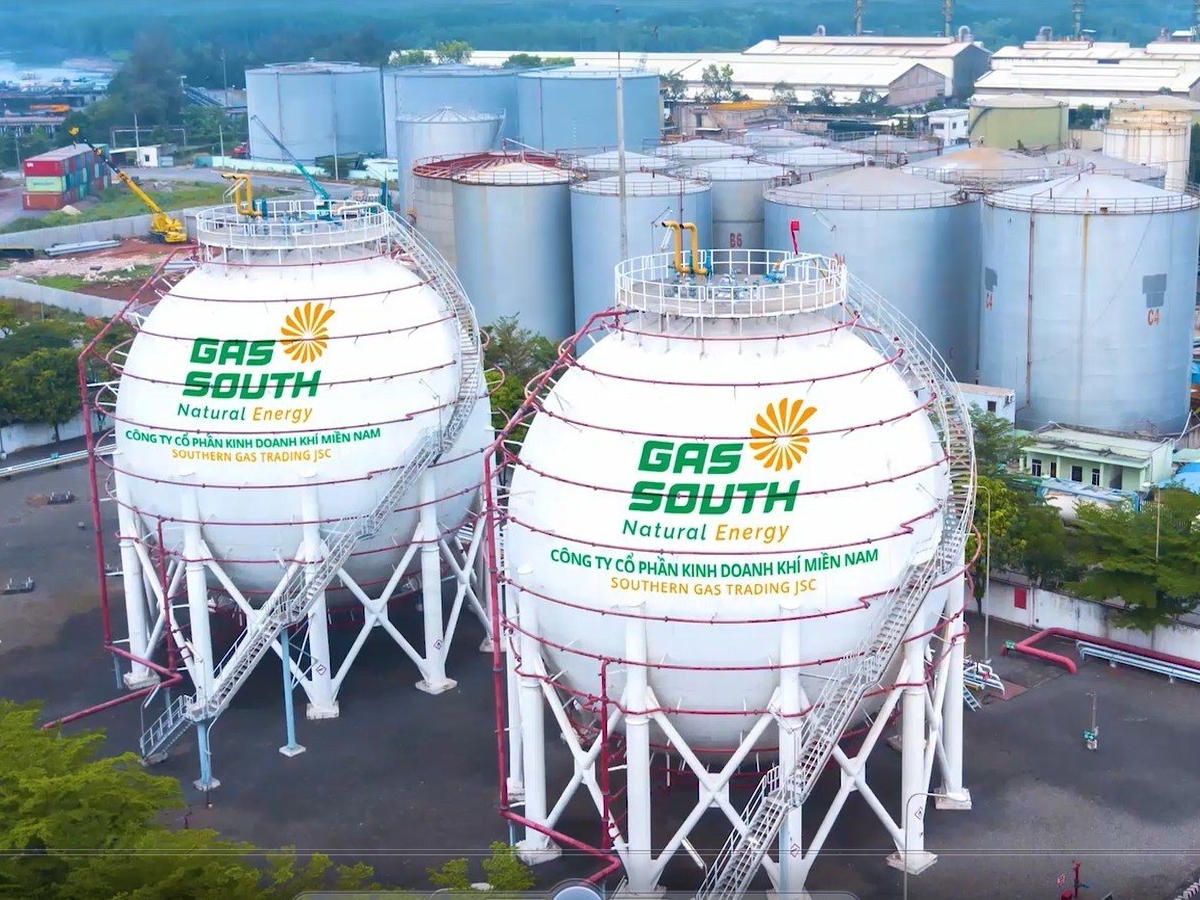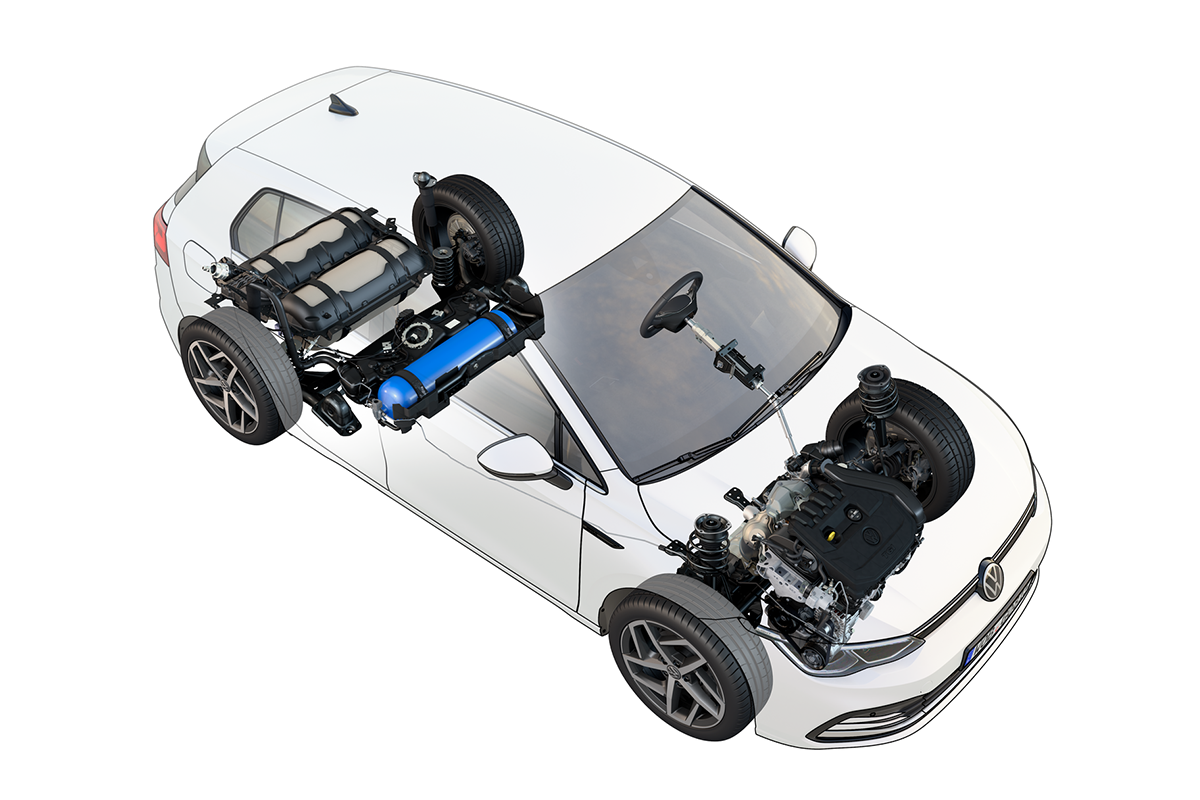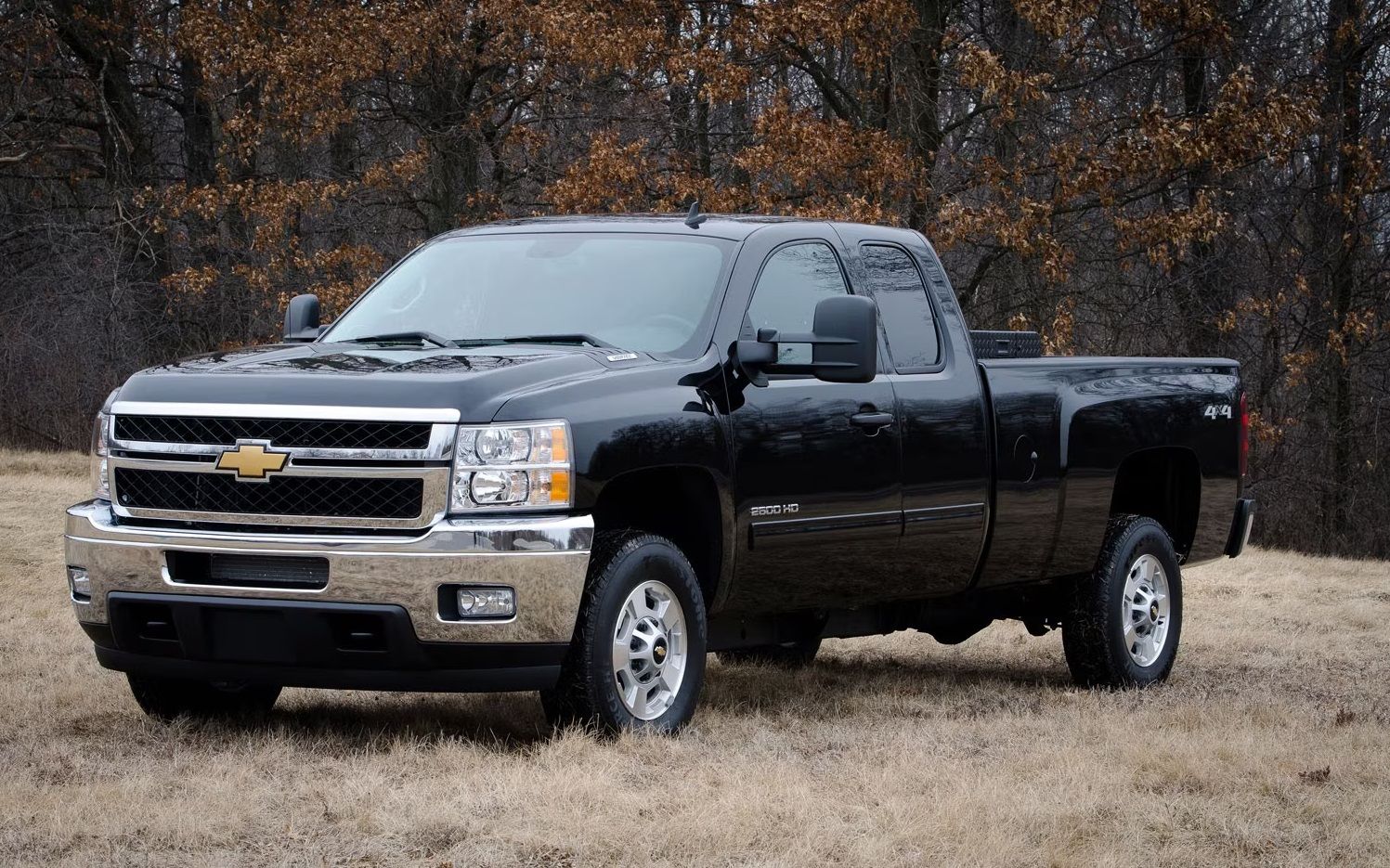In the dynamic landscape of sustainable transportation, Compressed Natural Gas (CNG) emerges as a powerful force, reshaping the way we perceive vehicular energy. Let's dive into this article with Gas South to find out what is a compressed natural gas vehicle and its benefits.
1. About CNG
Compressed Natural Gas, known as CNG, is obtained either from natural gas fields or as a byproduct during oil extraction. Transported through pipelines, it reaches gas processing plants where impurities are meticulously eradicated. Subsequently, compression stations elevate it to high pressures (200 - 250 bar), and specialized tanks become its repository.
CNG is the most popular type of natural gas used for scooters in Vietnam, as it can generate temperatures around 1949°C when burned. With the ability to boast a lightweight composition that readily dissolves in air, rendering it colorless, odorless, and non-toxic, CNG outshines traditional fuels while emitting significantly fewer pollutants, making it a formidable player in the realm of environmentally conscious energy sources.

See more: Where to buy CNG in Vietnam?
2. What is a compressed natural gas vehicle?
A compressed natural gas vehicle is a type of vehicle that is powered by CNG instead of traditional gasoline or diesel fuel. It represents an instrumental facet of the broader strategy toward sustainable and eco-friendly transportation.
CNG vehicles are equipped with specially designed fuel storage systems to accommodate the compressed nature of the gas. They exhibit comparable performance to their gasoline counterparts, ensuring that the transition to this alternative fuel does not compromise driving experience or efficiency.
3. What cars use compressed natural gas?
Nowadays, some leading auto manufacturers have integrated their portfolios with many different types of CNG cars, offering a wide range of options to meet consumer needs. From compact cars to commercial fleets, CNG vehicles are becoming increasingly prevalent.
Some common types of CNG vehicles:
-
Original Equipment Manufacturer CNG cars: Also known as factory-fitted CNG vehicles, these are cars that have the CNG system integrated into the vehicle during the manufacturing process. This means that the fuel system, engine components, and other relevant parts are designed and installed to accommodate the use of CNG as a fuel source.

Volkswagen Golf TGI is available with a CNG drive
-
Dual-fuel CNG cars: These vehicles can operate using two different fuel sources: CNG and another traditional fuel, often gasoline. The driver can manually or automatically switch between the two fuels based on availability, cost, or specific driving conditions.

Chevrolet Silverado HD Bi-Fuel run cleaner on CNG
-
Retrofitted CNG cars: are vehicles that were originally designed to run on traditional fuels like gasoline but have undergone a modification or retrofitting process to accommodate a CNG system. In retrofitting, the vehicle's engine is adapted to operate on both gasoline and compressed natural gas, allowing the driver to switch between the two fuel sources.
4. What are the advantages of using a compressed natural gas vehicle?
Due to the significant advantages of CNG, vehicles using this energy source can also benefit.
Cost Savings on Fuel
Natural gas, when compared to conventional gasoline or diesel, costs approximately one-third less per equivalent gallon at fueling stations. It also proves more economical than alternative fuels such as ethanol, methanol, and propane.
Lower Maintenance Expenses
Managing a vehicle fleet can be a significant financial undertaking. Given the cleaner combustion properties of natural gas in comparison to gasoline, CNG vehicles require less frequent oil changes and engine tune-ups, resulting in reduced maintenance costs over time.
Prolonged Vehicle and Component Lifespan
Natural gas exhibits a gentler impact on vehicles, causing less wear and tear. Unlike gasoline and its exhaust, natural gas does not adversely affect metals, leading to a longer lifespan for pipes and mufflers. CNG vehicles also experience reduced knocking, no vapor locking, and demonstrate smoother startups and drives.
Environmental Advantages
Natural gas stands out as an optimal fuel choice for vehicles, boasting a carbon footprint that is 25 to 28 percent less, on average, than that of its gasoline or diesel-powered counterparts. According to the Environmental Protection Agency, CNG vehicles also have the potential to:
-
Reduce non-methane hydrocarbon emissions by 50 to 75 percent.
-
Emit fewer toxic and carcinogenic pollutants.
-
Produce little to no particulate matter.
-
Eliminate evaporative emissions.

Refueling CNG vehicles
5. Gas South - A foremost CNG supplier for vehicles in Viet Nam
With more than 20 years of reputation in the field of natural gas distribution and trading, Gas South is the leading choice for suppliers. It has built a relatively large system of storage and charging stations with a total capacity of up to 8,100 tons that is capable of providing CNG at a stable price for businesses.
Embracing the future of transportation by delving into the potential realm of CNG, Gas South promises to always provide "safety - quality - efficiency" products to consumers, charting a course toward a more sustainable and efficient automotive landscape.
For more details about the products and services that Gas South offers, please don't hesitate to contact us at:
- Head office: 4th Floor, PetroVietnam Tower, No. 1-5 Le Duan, Ben Nghe Ward, District 1, Ho Chi Minh City.
- Website: https://pgs.com.vn/
- Fanpage: https://www.facebook.com/GasSouthJSC
- Email: lienhe@pgs.com.vn
- Phone: (+84.28) 3910 0108 - 3910 0324
- Fax:(+84.28) 3910 0165 - 3910 0325
- OA Zalo: https://zalo.me/gassouth18006776
This article that Gas South provided has helped you answer: what is a compressed natural gas vehicle? We hope you can have a better transportation option to choose for a greener future.



